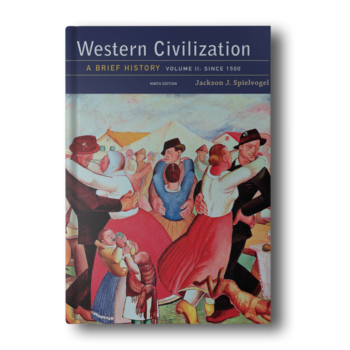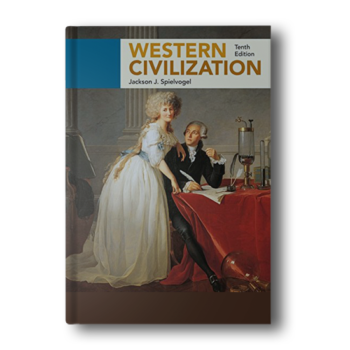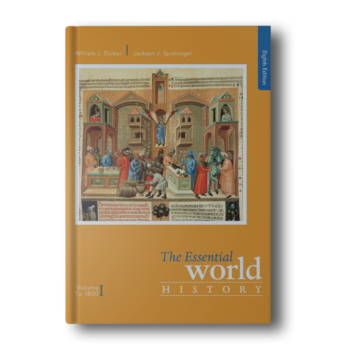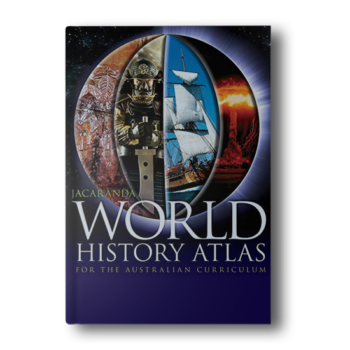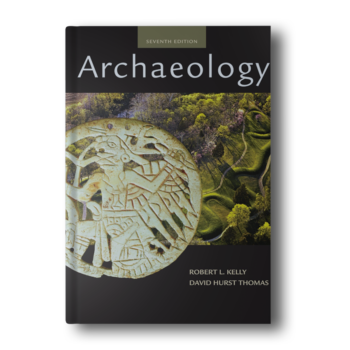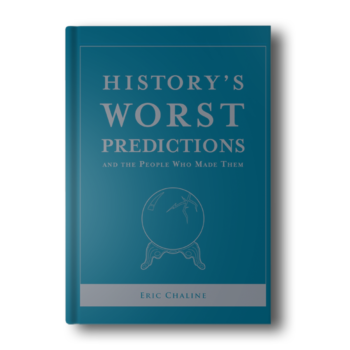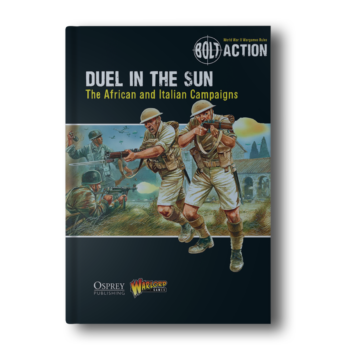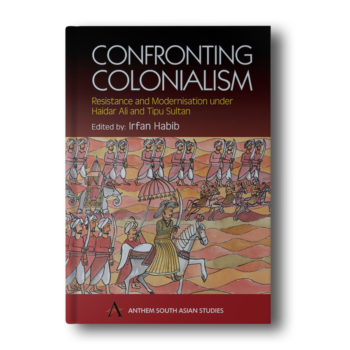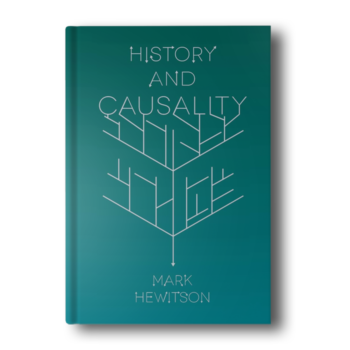History
HISTORY BOOKS
History books are written works that document and narrate past events, people, and civilizations. These books aim to provide an account of historical events, often using primary and secondary sources to offer a comprehensive understanding of various periods in human history. History books cover a wide range of topics, including political events, wars, social movements, cultural changes, economic developments, and the lives of significant historical figures.
History books are a captivating and enlightening genre of literature that delves into the depths of human existence, offering readers a mesmerizing journey through time and space. These meticulously researched and thoughtfully crafted works serve as gateways to the past, providing invaluable insights into the triumphs, tribulations, and transformations of civilizations, societies, and individuals. From ancient civilizations to contemporary events, history books offer a tapestry of narratives that illuminate the paths that humanity has traversed, the struggles it has faced, and the moments of greatness that have shaped the course of human history. By drawing from primary sources, historical records, artifacts, and scholarly analyses, these books paint vivid pictures of historical events, personalities, and cultural movements, fostering a profound understanding of our shared heritage.
History books for kids come in various forms, ranging from scholarly tomes meticulously footnoted with academic rigor to popular works that skillfully blend historical accuracy with compelling storytelling, making history accessible and engaging to a diverse readership. Some authors adopt a chronological approach, taking readers on a seamless journey through time, while others adopt thematic structures, focusing on specific aspects, such as political intrigues, societal transformations, technological advancements, or economic upheavals. Regardless of their approach, history books offer profound insights into the human experience, laying bare the complexities of our past and enlightening us about the present and future possibilities.
One of the most remarkable features of history books is their ability to challenge our preconceptions and expand our perspectives. By presenting multiple viewpoints, authors acknowledge the presence of biases inherent in historical interpretations, encouraging readers to critically analyze and question the narratives presented. These books are not mere catalogs of facts and events; rather, they are dynamic works that spark intellectual curiosity, provoke thought, and inspire curiosity about the human condition.
Moreover, history books do not stand still; they evolve and adapt alongside the changing landscape of historical research. With new discoveries, interpretations, and advancements in the field of history, these books continually undergo revision and updates to reflect the latest findings and analyses. The openness to revision showcases the dynamic nature of historical inquiry, reminding readers that historical knowledge is an ever-unfolding process.





